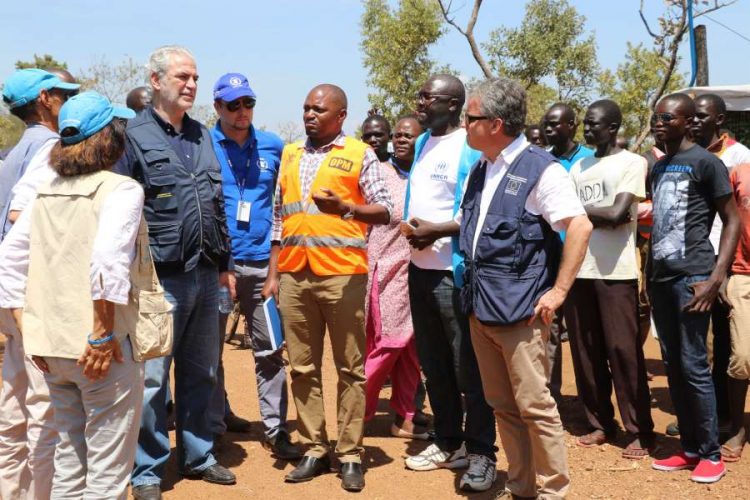
In situations of protracted humanitarian crisis, local residents and diaspora groups are key humanitarian actors. They are often the first to assist in emergencies, and they remain engaged throughout the complex crisis that may follow.
Little is known about how accountability is understood and practiced by (local and transnational) citizens in comparison to professional humanitarians. While the professional sector relies heavily on technical-financial systems, the civic humanitarians often depend on trust-based social networks and social media to provide accountability.
This project aims to map, document, and analyse the moral and social dimensions of accountability as understood and practiced by civic and professional humanitarian aid providers in protracted crisis in Uganda, Somalia and Sri Lanka.
The project uses the case-study method and in each case, complementary qualitative methods – including participatory mapping, document analysis, semi-structured interviews and focus group discussions – will be used to study the normative, institutional and experiential dimensions of accountability conceptualisations and practices.
By developing knowledge about this neglected yet important subject, the project will support the efforts of professional humanitarian actors to improve localisation and thus increase the efficiency of aid delivery.